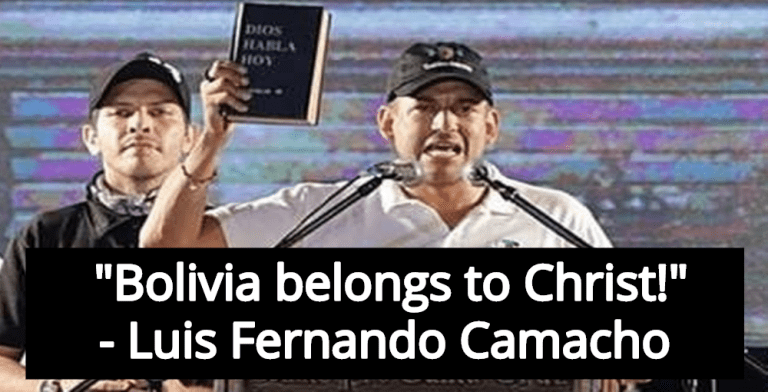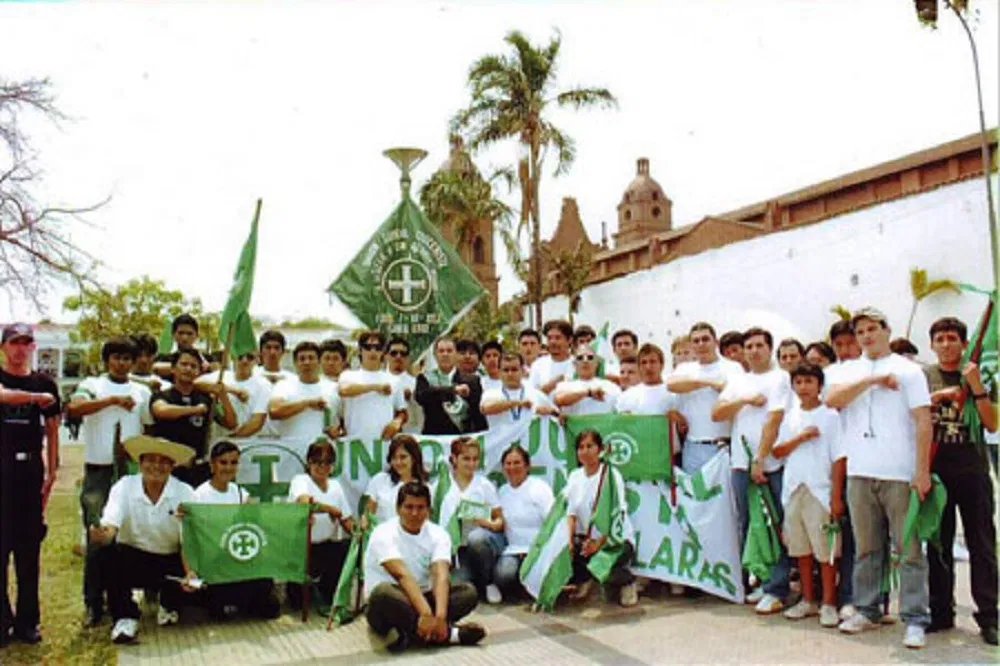Okay, so some of you might be a bit confused about what has been going on in Bolivia  lately. This thread will try to explain the colonial history and context, how Evo Morales successfully broke with that tradition, and how this right-wing coup was able to seize power again.
lately. This thread will try to explain the colonial history and context, how Evo Morales successfully broke with that tradition, and how this right-wing coup was able to seize power again.
 lately. This thread will try to explain the colonial history and context, how Evo Morales successfully broke with that tradition, and how this right-wing coup was able to seize power again.
lately. This thread will try to explain the colonial history and context, how Evo Morales successfully broke with that tradition, and how this right-wing coup was able to seize power again.
What is now Bolivia was once inhabited by the Tiwanaku and Incan people. When the Europeans came, bringing slavery and genocide, Tupac Amaru II (one of my favorite historical figures) fought back. Sadly, he was unsuccessful. (Yes, California's Tupac was named after Tupac.)
Why did these Europeans care about Bolivia so much? Why did they kill so many people to keep control of it?
Silver is the reason. The city of Potosí, in particular, was basically a "mountain of silver" (as Spain’s King Felipe II called it in 1561).
Silver is the reason. The city of Potosí, in particular, was basically a "mountain of silver" (as Spain’s King Felipe II called it in 1561).
Jack Weatherford, a professor of anthropology, argues that Potosí was “the first city of capitalism, for it supplied the primary ingredient of capitalism – money.” He argues that “Potosí made the money that irrevocably changed the economic complexion of the world.”
Historically, Bolivia is a big deal. Eduardo Galeano writes about it quite a bit, in his book "The Open Veins of Latin America." The Europeans were cruel and brutal, because they really wanted to control that supply of silver. (Btw, this is the book that Chavez gave to Obama.)
I won't get into all the bloody details, but suffice it to say that it was a brutal and terrible period of slavery and exploitation. The Spanish also introduced Christianity, which would create conflicts with the indigenous populations that are still playing out today.
Eventually, in the early 1800s, Bolivia gained "independence" from Spain... but it was not an independence for the native people of Bolivia; rather, it was the upper-middle class whiter criollos who seized power.
Between the time of independence from Spain, and Evo Morales' presidency, Bolivia had about 83 presidents with 37, ALMOST HALF, installed by means of coup d’etat. That's a lot of coups, and that's a pretty high turnover rate!! You've got a new leader every two years or so!!
Why such a high turnover rate?
Bolivia was essentially run by a small minority who controlled the country's silver, traded it on the world market, and imposed heavy taxes on the native "indios." These corrupt leaders were largely viewed as illegitimate "caudillos bárbaros."
Bolivia was essentially run by a small minority who controlled the country's silver, traded it on the world market, and imposed heavy taxes on the native "indios." These corrupt leaders were largely viewed as illegitimate "caudillos bárbaros."
In order to get "FoReIgN InVeStMeNt," leaders like José Ballivián promoted "free trade" policies that allowed the industrialized countries to come in and take over the silver and tin mining. He also pushed racist taxes on the "indios," until he was deposed in 1847.
You end up seeing a theme of (i) racist violence against the native population, perpetrated by (ii) strong-arm dictators who come to power by gaining the support of both the internal mine-owning elite and the foreign investors.
Mariano Melgarejo was one brutal caudillo. His economic policy was one of "free trade" with foreign investors. He also SEIZED INDIAN COMMUNAL LAND AND SOLD IT TO THE HIGHEST BIDDER, depriving virtually all Indians of their land within a few decades. He was murdered in 1871.
During this time period, it also didn't help that Bolivia was fighting (and losing) wars with its neighbors. The wars tended to be fought over border regions with natural resources, or geopolitical significance.
In the Guerra del Pacífico, Bolivia lost its access to the Pacific Ocean in a fight with Chile. The war started because, in 1874, Bolivia had agreed not to tax Chilean industries for 25 years. In 1878, Bolivia imposed a new tax on a Chilean mining company, which refused to pay.
There was also the Chaco War with Paraguay in 1932, which was fought over access to oil. It's also known as La Guerra de la Sed ("The War of Thirst"). It was really a war instigated by foreign investors, with Royal Dutch Shell backing Paraguay and Standard Oil supporting Bolivia.
In the war, Bolivia's criollo elite forced the indigenous population into the army to fight for oil reserves, even though they didn't really feel a connection to the nation-state.
Bolivia lost again, and had incurred a lot of costs from fighting these expensive wars.
Bolivia lost again, and had incurred a lot of costs from fighting these expensive wars.
So, once again, you have a theme of
(i) a smaller white elite acting as gatekeeper for natural resources in a land-locked country (using foreign capital to shore up power/control); and
(ii) an indigenous population being used as laborers and soldiers, getting restless and upset
(i) a smaller white elite acting as gatekeeper for natural resources in a land-locked country (using foreign capital to shore up power/control); and
(ii) an indigenous population being used as laborers and soldiers, getting restless and upset
After the failure of the Chaco War (1932-1936), the ruling class was (again) discredited.
Also, in 1936, Standard Oil's Bolivian operations were NATIONALIZED and the state-owned firm Yacimientos Petroliferos Fiscales Bolivianos (YPFB) was created.
This was a big deal!
Also, in 1936, Standard Oil's Bolivian operations were NATIONALIZED and the state-owned firm Yacimientos Petroliferos Fiscales Bolivianos (YPFB) was created.
This was a big deal!
So how did this happen? Well, in 1936, Colonel David Toro Ruilova overthrew President Tejada in a (you guessed it) military coup! The context is interesting/complex, but the new leader promised a program of "military socialism," including government control over natural resources
But yeah, this nationalization of Standard Oil's properties was a big deal in Bolivia's history. Also, it was done WITHOUT compensating Standard Oil (which is pretty cool).
The next few years are complex, but there are two more important themes:
(i) the various world wars make tin (one of Bolivia's main exports) an important commodity; and
(ii) the MNR (Movimiento Nacionalista Revolucionario), or "Revolutionary Nationalist Movement" comes around.
(i) the various world wars make tin (one of Bolivia's main exports) an important commodity; and
(ii) the MNR (Movimiento Nacionalista Revolucionario), or "Revolutionary Nationalist Movement" comes around.
Ownership of the tin mines was highly concentrated, largely to three "tin barons" (Patino, Aramayo, and Hochschild), who were all terrible. There were company/state massacres of mine workers in Unica (1923), Catavi (1942), and Potosi (1947).
People saw the absurdity of this.
People saw the absurdity of this.
The MNR grew in this period (1930s-1950s), on a platform of RESOURCE NATIONALISM. There was also an internal tug-of-war within the MNR, between the Marxists and the "centrists."
The USA--which was very upset about what happened to Standard Oil--strongly backed the centrists.
The USA--which was very upset about what happened to Standard Oil--strongly backed the centrists.
The short version here is that the MNR took power in 1952, betrayed all of its revolutionary promises (with a heavy influence from the USA), and then eventually lost power. There were more coups, and things went back towards the more privatized, investor-friendly tendencies.
Anyway, between 1952 and 2002, the neoliberal forces managed to take control back. Once again, the small internal criollo elite and the foreign investors took over Bolivia and its natural resources, and excluded the native populations (the Aymara and Quechua, etc.).
But this created conflict... again. A group of intellectuals, peasants, and workers created the Ofensiva Roja de los Ayllus Tupakataristas, with an armed wing called the Ejercito Guerrillero Tupac Katari ("EGTK" or "Tupac Katari Guerrilla Army"), organizing the indigenous.
The EGTK aimed to combine Marxism with Indianism, defending the rights of the Aymara and Quechua to self-determination. After some dynamite attacks on oil pipelines in 1992, however, EGTK leaders (including a young Alvaro Garcia Linera) were arrested.
So two things were happening in this time period:
(i) the neoliberal noose was tightening; and
(ii) the indigenous groups were organizing, and developing a deeper critique of the neoliberal capitalist system in Bolivia.
(i) the neoliberal noose was tightening; and
(ii) the indigenous groups were organizing, and developing a deeper critique of the neoliberal capitalist system in Bolivia.
The IMF and World Bank had extended certain loans to Bolivia in the 1990s, and DEMANDED that the country basically privatize EVERYTHING.
This would lead to the "water wars" (2000) and the "gas wars" (2002), because the now-mobilized population pushed back hard.
This would lead to the "water wars" (2000) and the "gas wars" (2002), because the now-mobilized population pushed back hard.
The "water wars" was a response to Bolivia privatizing the municipal water supplies and giving them away to the American corporation Bechtel (which immediately raised rates 35% to pay foreign investors). This was totally evil, and the movie "Even the Rain" tells the story a bit.
The time of the "gas wars" was when Evo Morales really arrived on the scene, and this is worth discussing in some more detail.
The Bolivian natural gas reserves are the second largest in South America, right after Venezuela. And Bolivia had been privatizing all of this.
The Bolivian natural gas reserves are the second largest in South America, right after Venezuela. And Bolivia had been privatizing all of this.
In both the "water wars" and the "gas wars," a mobilized indigenous movement pushed back hard against the corrupt government's privatization schemes and neoliberal policies. Alvaro Garcia Linera and Evo Morales emerged as two leaders, explicitly advocating for nationalization.
And there was a lot to protest! After years of neoliberal government serving foreign interests (e.g., U.S. corporations), the proportion of the rural population living in extreme poverty had risen to 75%.
Also, 5% of property owners owned 70% of the arable land. It was bad.
Also, 5% of property owners owned 70% of the arable land. It was bad.
Fortunately, people like Linera and Morales had identified the neoliberal economic model as the problem, and had really MOBILIZED people to push back. These ideas were also made explicit by the Movimiento al Socialismo, also known as "MAS" or the "Movement Towards Socialism."
The roots of MAS are also interesting, with some pre-MAS organizations building a peasant-indigenous alliance in the 1980s, and with Evo Morales emerging as a leader. MAS organized in politics in the late 1990s, and really hit the ground running for the water & gas wars...
Evo Morales and MAS had successfully organized the poor and indigenous communities, and had made some inroads into the middle classes. All these major protests forced a series of presidents to resign, including Carlos Mesa (a real jackass, who we'll talk more about later).
At this point, leading up to the 2005 elections, the United States got scared. Evo Morales was running on a campaign promise of nationalization, which would stem U.S. exploitation. President Bush even decided to move a bunch of troops into Paraguay... https://web.archive.org/web/20070612192202/http://americas.irc-online.org/am/2991
When I was down there, I actually ran into someone who used to work for the U.S. ambassador at the time. They were all freaking out at the embassy, and making public warnings against the election of Evo Morales (which only led to more support for Morales).
But the United States couldn't stop this from happening (no matter how hard they tried), and Evo Morales WON the election with more than 53% of the vote! 

Morales also kept his promise, and nationalized major industries... and it was tremendously successful. https://www.efe.com/efe/english/business/ypfb-bolivia-s-oil-and-gas-nationalization-generated-31-5-bn-over-a-decade/50000265-2898302
This was no small feat, because right after his inauguration, the U.S. ambassador made it clear to him that funding by the IDB, the World Bank, and IMF depended on his “good behavior” (i.e., backing off the nationalization plans). Evo refused. http://www.coha.org/eleven-years-of-the-process-of-change-in-evo-morales-bolivia/
The USA immediately began using USAID, NED, the IDB, the World Bank, and the IMF, to punish Bolivia for electing Evo Morales. They began by vetoing multilateral loans, postponing talks on alleviating Bolivia’s foreign debts, and discouraging international loans and grants.
Wikileaks cables show that the USA began funding “traditionally confrontational organizations,” and “working more closely with" those who opposed Morales because this “seems to be most beneficial to [U.S. government] interests.”
The United States tried to violently destabilize the government by training separatists in the richer Santa Cruz area. USAID sent money to groups in these opposition-based areas, as part of “USAID’s larger effort to strengthen regional governments as a counter-balance to" Morales
By 2008, these eastern regions (Media Luna) were violently rebelling, demanding a referendum on autonomy. Violent anti-government protesters (backed by the USA) killed at least 20 MAS supporters.
The separatists’ goal was essentially to cut Bolivia half, with a poor half governed by the indigenous majority, and a much wealthier half separating out to be run by the whiter European descendants in the areas home to the large gas and agricultural companies.
The United States NEVER denounced opposition violence, even after the massacre of the MAS supporters. The USA knew in advance of the opposition plans to blow up gas lines, but did not report it, and didn't even attempt to dissuade the opposition from doing it.
None of these efforts worked. In fact, they backfired on the protesters. Evo Morales held a vote-of-confidence referendum in 2008, and he WON OVERWHELMINGLY.
The people of Bolivia showed up to defend Evo Morales in the streets, and to vote for him at the polls. The USA-instigated coup attempt of 2008 FAILED.
The right wing opposition was bitter after losing the election, and they massacred MAS supporters at Pando. There was a 2010 documentary about the subject, called "Morir en Pando" ("To Die in Pando"). You can watch the whole thing here:
Despite this, Bolivia passed a new constitution in 2009 that made some REALLY AWESOME changes.
 Plurinational and secular state (rather than Catholic, as before)
Plurinational and secular state (rather than Catholic, as before)
 Mixed economy with communal ownership, restricting excessive private land ownership
Mixed economy with communal ownership, restricting excessive private land ownership
 Plurinational and secular state (rather than Catholic, as before)
Plurinational and secular state (rather than Catholic, as before) Mixed economy with communal ownership, restricting excessive private land ownership
Mixed economy with communal ownership, restricting excessive private land ownership
 Recognizes a variety of autonomies for indigenous groups
Recognizes a variety of autonomies for indigenous groups Introduces the possibility of recall elections for all elected officials (note that the opposition did not use this option in the most recent right-wing coup of 2019)
Introduces the possibility of recall elections for all elected officials (note that the opposition did not use this option in the most recent right-wing coup of 2019)
Evo Morales won the 2009 election WITH MORE THAN 64% OF THE VOTE! It was a landslide.
Also in 2009, he (rightly) blamed capitalism for climate change and called for a financial transaction tax to pay for a just transition. This guy was great! https://endofcapitalism.com/2009/12/17/bolivian-president-evo-morales-on-climate-copenhagen-and-capitalism/
Also in 2009, he (rightly) blamed capitalism for climate change and called for a financial transaction tax to pay for a just transition. This guy was great! https://endofcapitalism.com/2009/12/17/bolivian-president-evo-morales-on-climate-copenhagen-and-capitalism/
Evo Morales kicked ass:
 GDP grew four-fold, from $9 billion in 2005 to $36 billion in 2018
GDP grew four-fold, from $9 billion in 2005 to $36 billion in 2018
 Tripled the minimum wage
Tripled the minimum wage
 Increased social spending (roads, etc.)
Increased social spending (roads, etc.)
 Placed the natural gas, oil, telecommunications, and electricity industries under state control
Placed the natural gas, oil, telecommunications, and electricity industries under state control
 GDP grew four-fold, from $9 billion in 2005 to $36 billion in 2018
GDP grew four-fold, from $9 billion in 2005 to $36 billion in 2018 Tripled the minimum wage
Tripled the minimum wage Increased social spending (roads, etc.)
Increased social spending (roads, etc.) Placed the natural gas, oil, telecommunications, and electricity industries under state control
Placed the natural gas, oil, telecommunications, and electricity industries under state control
Morales passed a law seizing tens of thousands of square miles of land unproductive or illegally held, and redistributed it to landless peasants. From 2006-2010 over ONE THIRD OF BOLIVIA was handed over to Original Peoples’ peasant communities to be run communally.
Another 21 million hectares previously occupied illegally by large landowners were declared public lands, mostly protected forests. The land reform permitted seizure of property from landowners employing forced labor or debt peonage.
"In all, approximately 800,000 low-income peasants have benefited. Of those who received titles to their land, 46% have been women. For the first time since the European conquest, smallholders control 55% of all land."
Under Morales, the government would "ensure that these small producers receive preferential access to equipment, supplies, loans, and state subsidized markets, key factors in enabling the country to become self-sufficient in food."
Morales also established popular cash transfer programs: a pension system for Bolivians over the age of 60; assistance to households with elementary school–aged children attending school; and funds for pregnant women / mothers with children under the age of 2 w/o health insurance
The United Nations Economic Commission for Latin American and the Caribbean (CEPAL) reported that Bolivia achieved the region’s greatest reduction in extreme poverty, which dropped from 38.2 percent in 2005 to 15.2 percent in 2018. https://www.paginasiete.bo/economia/2019/1/16/bolivia-el-pais-que-menos-bajo-la-pobreza-segun-cepal-206150.html
Bolivia's Gini coefficient had fallen from 58.5 in 2005 to 44 in 2017, reflecting a huge reduction in inequality.
https://datos.bancomundial.org/indicador/SI.POV.GINI?locations=BO
https://datos.bancomundial.org/indicador/SI.POV.GINI?locations=BO
In Bolivia under Morales, poverty declined from 60.6% of the population in 2005 all the way down to 38.6% in 2016. That's a HUGE achievement!
I could go on and on, but I think you get the point... Evo Morales did a great job while in office, with a particular focus on helping the most vulnerable populations.
Morales told the UN: "The capitalist system promotes consumerism, warmongering, and commercialism, causing the destruction of Mother Earth and humanity. The capitalist system is a system of death. . . . [F]or a lasting solution to the climate crisis we must destroy capitalism."
Evo Morales also didn't shy away from putting Barack Obama on blast: https://bigthink.com/videos/president-morales-obama-killed-my-hopes
For instance, here he is telling Obama that he needs to end the illegal and immoral blockade of Cuba  and give them back Guantanamo: https://ticotimes.net/2015/01/29/bolivias-evo-morales-obama-should-lift-the-embargo-and-return-guantanamo-naval-base-to-cuba
and give them back Guantanamo: https://ticotimes.net/2015/01/29/bolivias-evo-morales-obama-should-lift-the-embargo-and-return-guantanamo-naval-base-to-cuba
 and give them back Guantanamo: https://ticotimes.net/2015/01/29/bolivias-evo-morales-obama-should-lift-the-embargo-and-return-guantanamo-naval-base-to-cuba
and give them back Guantanamo: https://ticotimes.net/2015/01/29/bolivias-evo-morales-obama-should-lift-the-embargo-and-return-guantanamo-naval-base-to-cuba
I've really got SO MUCH MORE to say about Evo Morales, and what happened during his presidency, but I feel like I should fast-forward to the end and wrap this all up...
Let's talk about the backlash from (i) racist Christian groups, and (ii) and business groups with USA ties...
Let's talk about the backlash from (i) racist Christian groups, and (ii) and business groups with USA ties...
To start, the right-wing Christians felt VERY threatened by Evo Morales and the indigenous community, especially after they changed the Constitution so that Bolivia was no longer a Christian state. There was a major race/culture backlash.
A lot of this racist/religious backlash was led by a group called the Unión Juvenil Cruceñista (UJC), which has been closely allied with Luis Fernando Camacho. Their goal has been to violently remake Bolivia as a Christian state, once more.
To be absolutely clear...

 THIS IS A FASCIST GROUP THAT OPENLY DOES NAZI-STYLE SALUTES!
THIS IS A FASCIST GROUP THAT OPENLY DOES NAZI-STYLE SALUTES!
There is nothing subtle about this... these are very bad people, with a history of violence against leftists and indigenous communities.
https://twitter.com/TheGrayzoneNews/status/1194137427474038784

 THIS IS A FASCIST GROUP THAT OPENLY DOES NAZI-STYLE SALUTES!
THIS IS A FASCIST GROUP THAT OPENLY DOES NAZI-STYLE SALUTES! There is nothing subtle about this... these are very bad people, with a history of violence against leftists and indigenous communities.
https://twitter.com/TheGrayzoneNews/status/1194137427474038784
There was so much more to write about all of this, but it looks like MAS just won the elections (again and even bigger), so instead of doing that I'm going to share this video of Bolivian fascist Fernando Camacho crying  https://twitter.com/camilateleSUR/status/1318208181261271040
https://twitter.com/camilateleSUR/status/1318208181261271040
 https://twitter.com/camilateleSUR/status/1318208181261271040
https://twitter.com/camilateleSUR/status/1318208181261271040

 Read on Twitter
Read on Twitter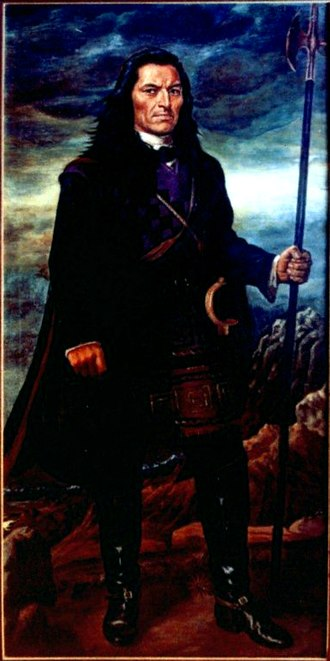
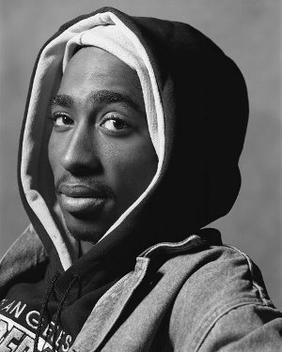
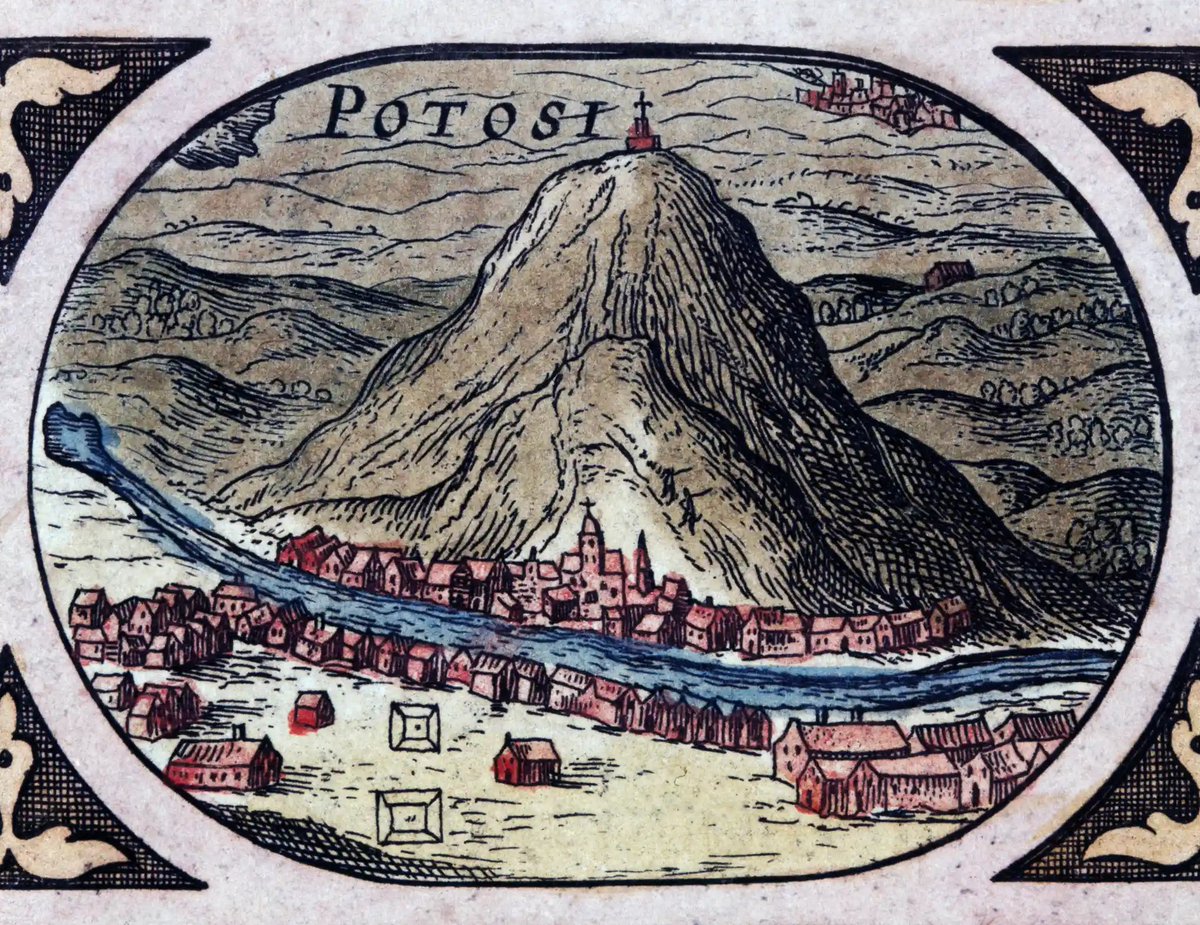
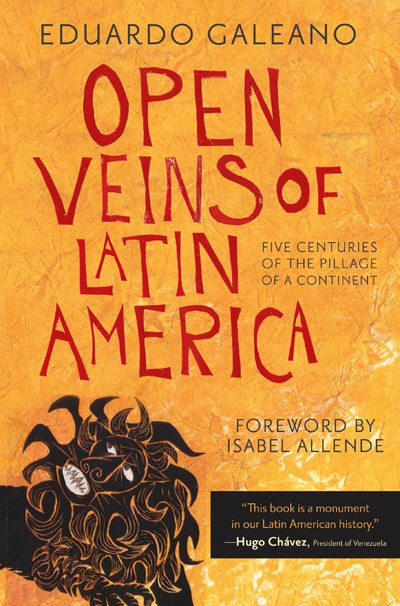
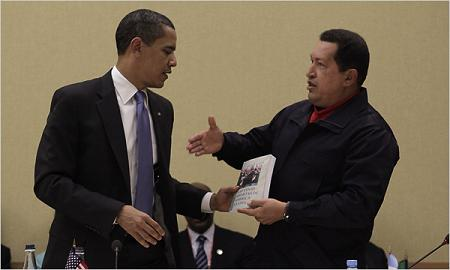
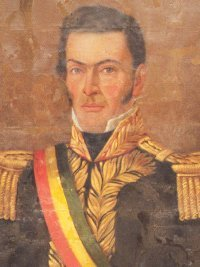
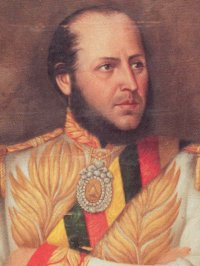
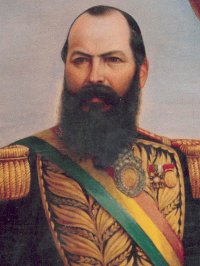
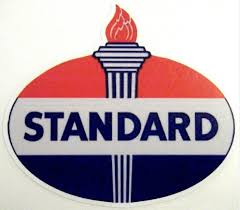
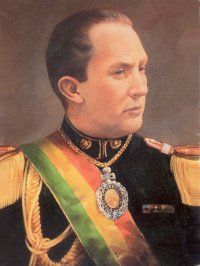
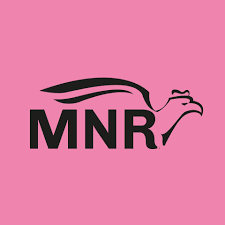
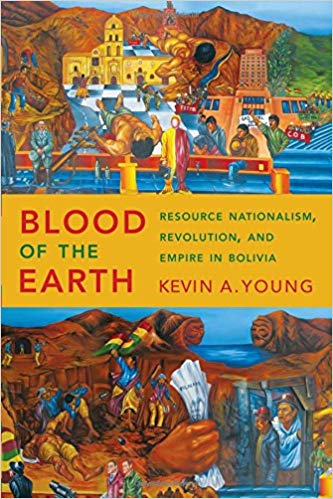
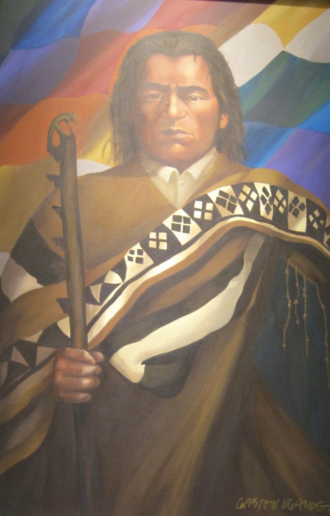
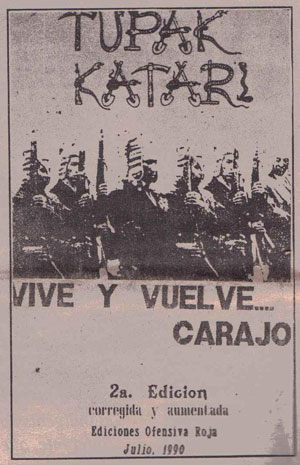
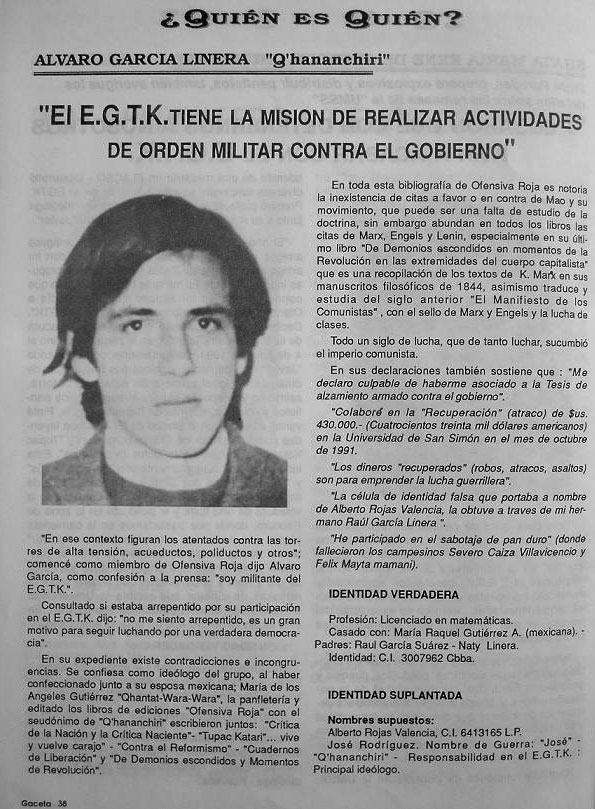
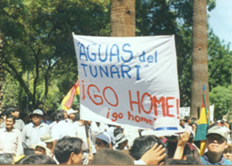
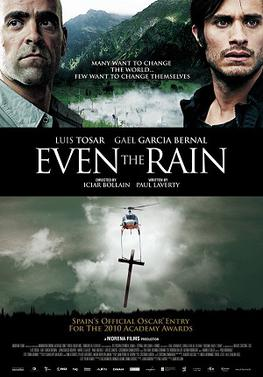
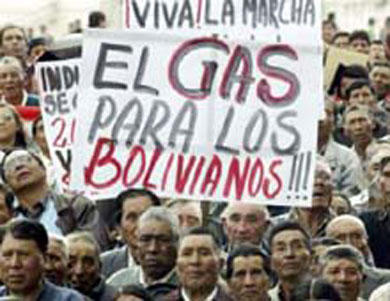
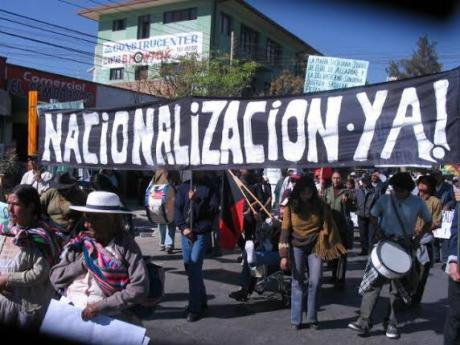
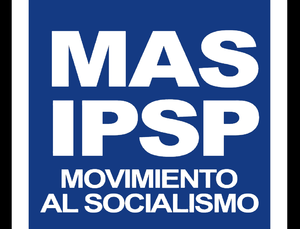
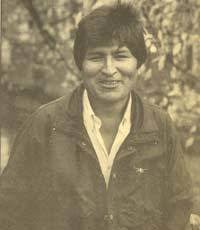
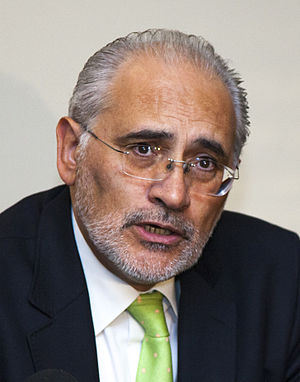
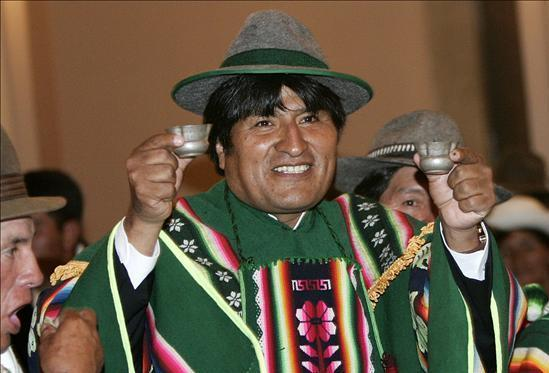
![Wikileaks cables show that the USA began funding “traditionally confrontational organizations,” and “working more closely with" those who opposed Morales because this “seems to be most beneficial to [U.S. government] interests.” Wikileaks cables show that the USA began funding “traditionally confrontational organizations,” and “working more closely with" those who opposed Morales because this “seems to be most beneficial to [U.S. government] interests.”](https://pbs.twimg.com/media/EMHHCDFXsAEhe-w.png)
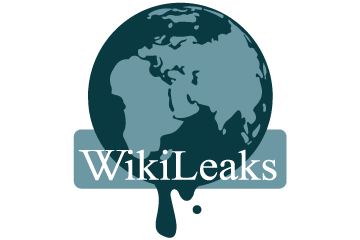
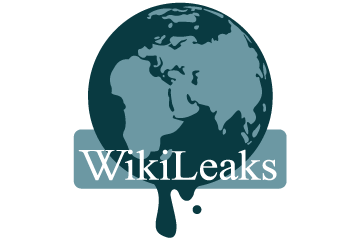
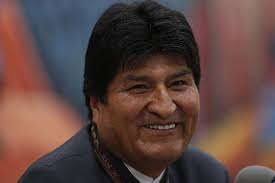
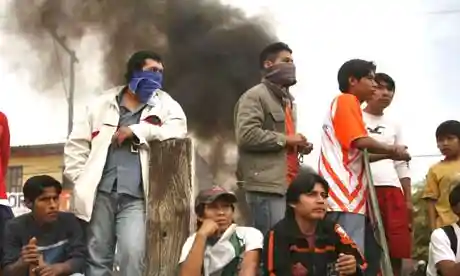
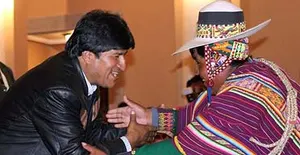
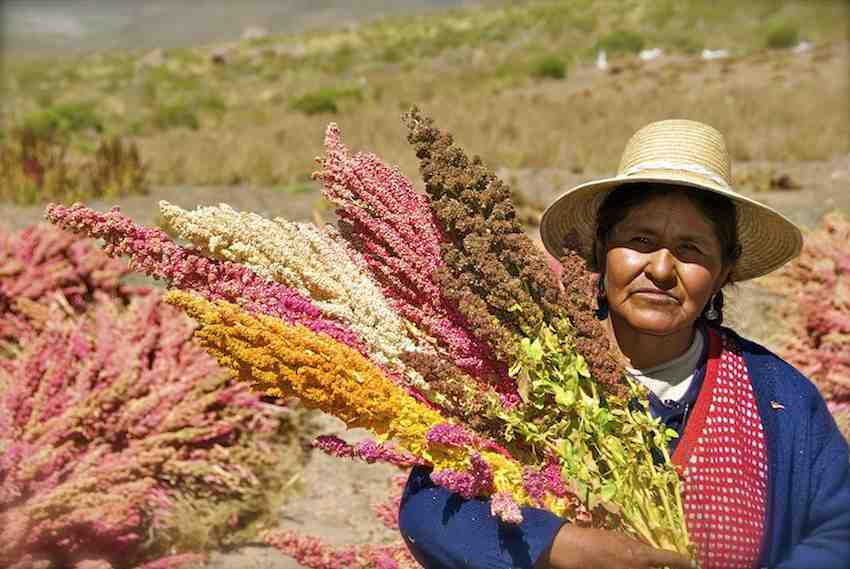
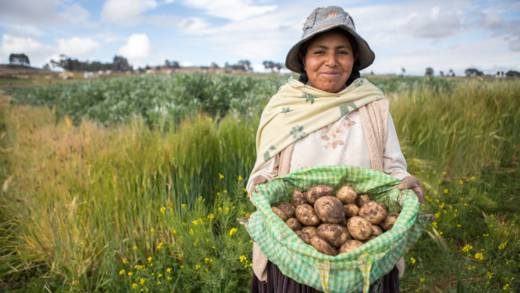
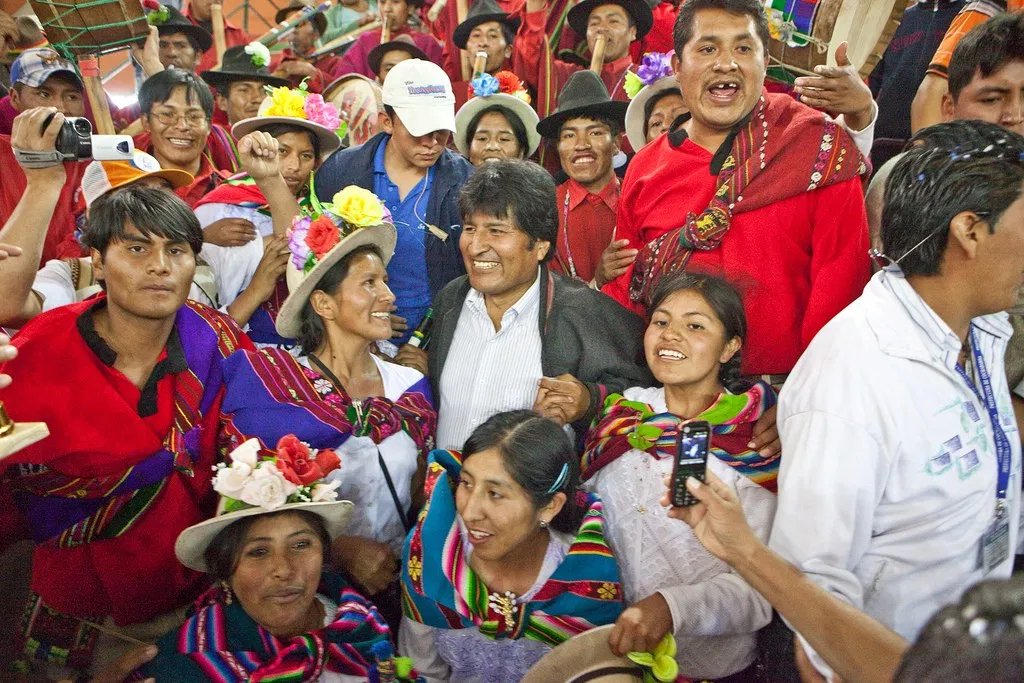
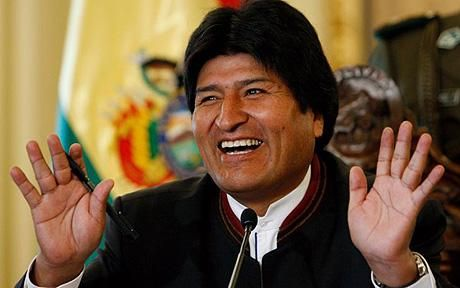
![Morales told the UN: "The capitalist system promotes consumerism, warmongering, and commercialism, causing the destruction of Mother Earth and humanity. The capitalist system is a system of death. . . . [F]or a lasting solution to the climate crisis we must destroy capitalism." Morales told the UN: "The capitalist system promotes consumerism, warmongering, and commercialism, causing the destruction of Mother Earth and humanity. The capitalist system is a system of death. . . . [F]or a lasting solution to the climate crisis we must destroy capitalism."](https://pbs.twimg.com/media/EMcLMoCWsAAFjN_.png)
